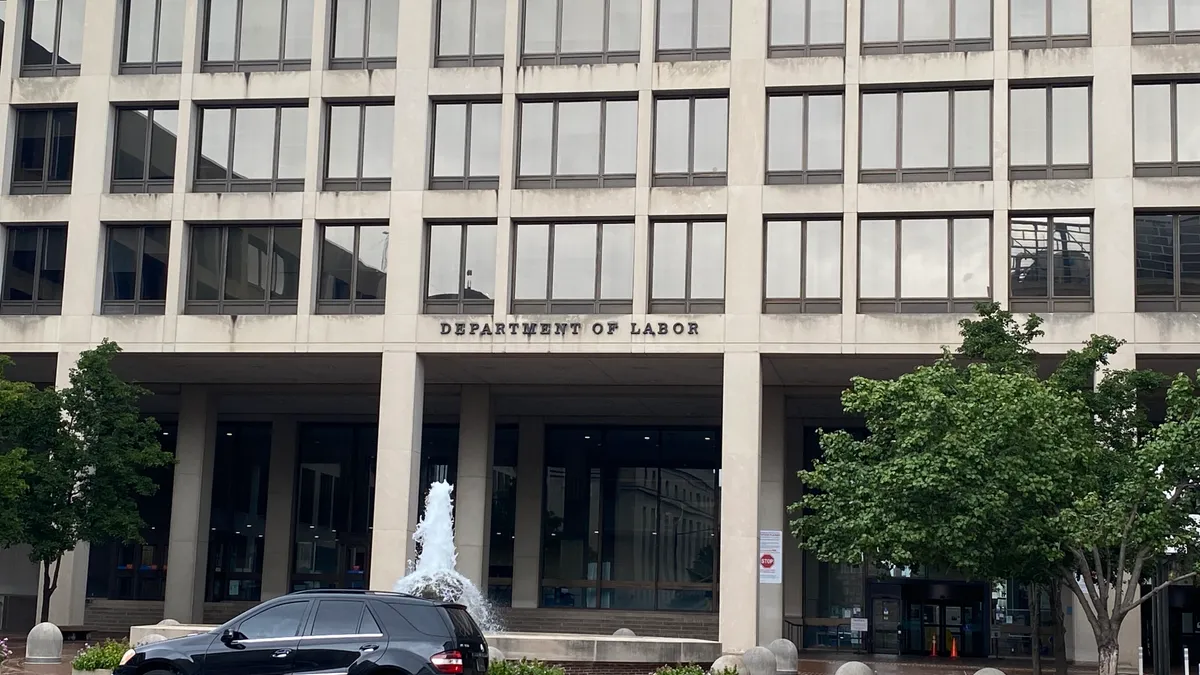Dive Brief:
- Soft skills, work flexibility, anti-harassment and pay transparency are four trends driving change in the workplace, according to 5,000 talent professionals surveyed in LinkedIn's Global Talent Trends 2019 report.
- Although 92% of respondents said soft skills are as much or more important than hard skills, and 80% said soft skills have become more important to corporate success, many employers demonstrated a lack of know-how in terms of soft skill evaluation. Only 41% have a formal method for doing so, the research found. The report pointed out that flexibility is no longer a perk, but an employee expectation; mentions of flexibility on LinkedIn increased by 78% since 2016. Many of those surveyed said that flexible policies help the company, too. More than half said it encourages retention and attracts candidates and 42% said it increases productivity.
- Another policy employers are implementing more frequently is an anti-harassment policy. More companies consider preventing sexual harassment to be a business necessity, LinkedIn said. The amount of sexual harassment-related content on the social media site increased by 71% since last year. And as for pay transparency, 51% of employers don't share pay information and don't plan to start; 27% share salary ranges; and 22% don't disclose pay rates, but plan to do so.
Dive Insight:
The LinkedIn report confirms the results of many other studies on 2019's top workplace trends. For instance, a study by the University of Michigan and California State University Channel Islands found that employees without sufficient balance between their personal and work responsibilities are less likely to be satisfied at work. A FlexJob survey released in September found that workers believe they're more productive working from home. Flexible work is a priority among caregivers, whose needs are getting more attention from employers, according to an Unum survey. Depending on the industry, the lack of flexible work options might well be a deal-breaker in getting candidates to accept job offers.
The HR industry has seen a lot of movement around pay equity and transparency as well. Gender- and raced-based pay disparities are forcing employers to be more transparent about their compensation practices. Keeping quiet about what a person earns is no longer the social taboo it once was. And as workers talk more openly about salaries, they're more likely to discover disparities between what they earn and what their colleagues get paid. Companies like Salesforce and Starbucks acted swiftly to close gender-based wage differences, and Citigroup took steps to eliminate pay disparities for women and minorities. As this trend gains traction, other companies may want to review their own pay practices, perform audits and flag and correct any unfair disparities based on race and gender, experts have recommended.
Like pay transparency, sexual harassment prevention is getting a push from growing social awareness from the #MeToo and #TimesUp movements. A string of allegations against high-profile executives and entertainers brought to light how pervasive sexual misconduct is in the workplace and how consequences for ignoring victims' or witnesses' claims — or attempting to cover up misconduct with nondisclosure agreements or payoffs — can be severe. To combat this problem, HR must respond quickly to allegations, enforce zero-tolerance policies on sexual misconduct and step up training efforts.













